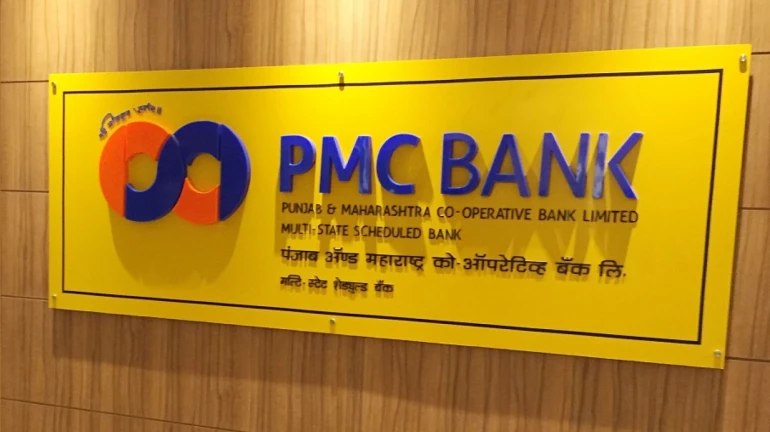
Mumbai-based Punjab & Maharashtra Cooperative Bank (PMC) has been under regulatory restriction under Section 35A of B R Act by RBI for a period of six months due to irregularities disclosed to Reserve Bank of India (RBI). With the operational restriction in place, PMC bank – the urban co-operative bank will not be able to issue fresh loans, accept fresh deposits or borrow funds for the next six months.
However, what has rattled the common customers/depositors is the fact that the regulator had also capped cash withdrawal at Rs 1,000 of the total balance in every savings bank account or current account or any other deposit account per customer during this period; the curbs also include ATM transactions and online banking. Now, RBI relaxed the monthly withdrawal limit for PMC customers and they can now withdraw ₹10,000 from their account.
Also Read: Here's What Went Wrong With PMC Bank
How will the restrictions in place impact the depositors who have been barred from accessing their own-hard earned money and for practically no fault of theirs. For the customers, the short-term challenges are many. For instance, their EMIs from a PMC Bank account towards any loans with another bank will not be honoured; even in the case wherein the account is linked to monthly utility services the payments will not go through.
On the one hand, ATMs have been taken off the payment network to avoid withdrawal from other ATMs while on the other online banking has been stopped so no funds can be transferred online. The norms will apply to all customers, including senior citizens awaiting pension. However, customers can offset their loan with their deposits if both accounts are held with PMC Bank, and they can also renew their existing term deposits on maturity in the same name and same capacity. As a respite, in case of an emergency expense like hospitalisation etc, the RBI may grant an exception on a case-by-case basis.
Also Read: PMC Bank Employees Protest Outside HDIL Owner's Residence
The question worth answering is what will happen after the restrictive period of six months is over, will the customers get some respite or will the hardship continue. It all depends on the RBI’s call. If within the stipulated six months time, the banking regulator is able to detect the discrepancies and correct them over the course of time by either sale of assets or other measures, then the bank’s normal functioning will be reinstated. The customers can breathe a sigh of relief in such a scenario.
On the contrary, if the RBI is unable to clean up the bank’s balance sheet and fix its asset-liability mismatch, and finds that it is not in the interest of bank’s customer to keep it running then it may call for a complete closure of PMC Bank. In such a scenario PMC Bank’s arrangement with Deposit Insurance and Credit Guarantee Corporation (DICGC) will kick in and customers will be eligible to claim up to Rs 1 lakh of their deposits with the bank.
While it’s comforting that regulatory norms applicable to a commercial bank are applicable to a co-operative bank, it is the supervision and monitoring that needs to be beefed up. Apart from the RBI’s Supervisory Action Framework (SAF) which provides for trigger points for initiating corrective action on banks, the focus must also be on corporate governance, professionalism and leveraging technology. These concerns have been often raised up RBI and must be acted upon.
Also Read: No Banks Are Going To Be Shut Down: RBI Shoots Down Rumours





